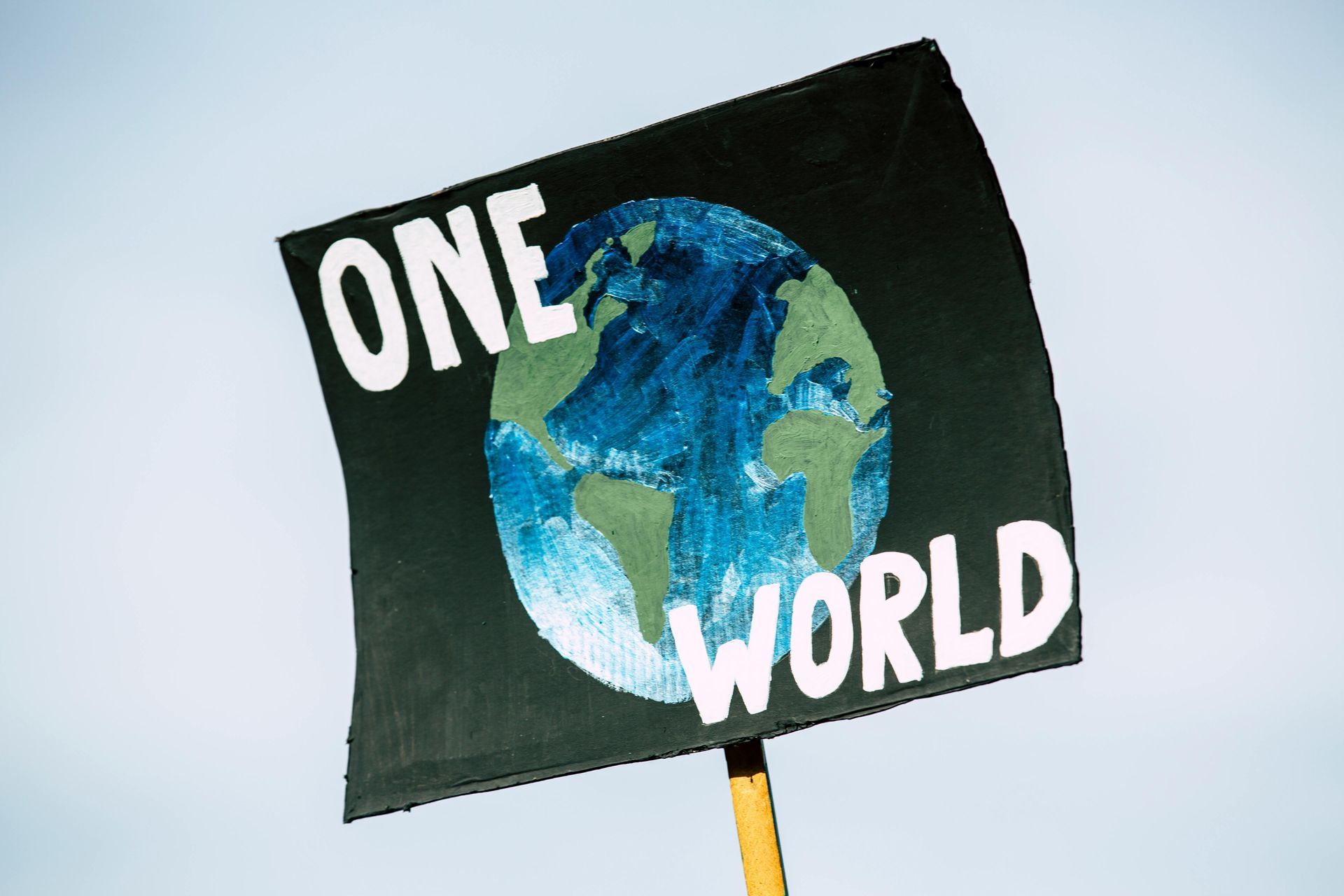Food as a Weapon: How Global Politics is Driving the Famine Crisis.
Famine as a Political Strategy: Uncovering the Dark Side of Global Diploma.cy.
A Deep Dive into Global Famine: The Political Weaponization of Food
In recent years, the global community has witnessed an alarming rise in famine crises across various regions, with devastating impacts on millions of lives. While natural disasters and climate change are often cited as primary causes, the role of global politics in exacerbating food shortages reveals another disturbing facet of this humanitarian issue. Food, a basic human necessity, is increasingly being manipulated as a weapon in political and military conflicts, heightening the severity of famine crises worldwide.
Political Instability and Conflict
Political instability and armed conflicts are among the most significant contributors to famine conditions. In many regions, ongoing conflicts disrupt food production and distribution networks, making it difficult for populations to access essential supplies. Warring factions may deliberately target agricultural areas, destroy crops, or implement blockades, effectively using food as a tactical weapon to weaken opponents or control territories. For instance, in war-torn regions such as Yemen and Syria, food has become a strategic asset, with warring parties often obstructing humanitarian aid to gain leverage or punish civilian populations.
Sanctions and Economic Warfare
Economic sanctions are another tool in the geopolitical arsenal that can inadvertently or intentionally exacerbate food insecurity. While intended to pressure governments into compliance or reform, sanctions can strangle economies, limiting a country's ability to import food and agricultural supplies. This economic warfare can devastate local production, leading to sharp increases in food prices and creating scarcity for vulnerable populations. Iran and North Korea, for example, have both experienced food shortages partially attributed to international sanctions, compounding their already challenging situations.
Trade Policies and Global Supply Chains
Global trade policies and supply chains play a critical role in determining food availability and prices. Protectionist policies, tariffs, and export bans can significantly disrupt global food supply chains, leading to shortages and inflation in importing countries. The interconnected nature of modern economies means that political decisions made in one nation can have rippling effects, influencing food security across the globe. For instance, during the COVID-19 pandemic, several countries imposed export restrictions on essential food items, highlighting the fragility of global supply chains and the potential for political measures to exacerbate food crises.
Climate Change and Environmental Politics
Climate change, influenced by global political decisions and environmental policies, is a driving factor behind increasing food insecurity. Political inaction or insufficient commitment to addressing climate change can lead to severe environmental conditions such as droughts, floods, and changing weather patterns, all of which impact agricultural output. Furthermore, political debates on resource management, such as water rights or land conservation, can aggravate tensions and contribute to the mismanagement of essential resources required for food production.
Conclusion
The politicization of food, whether through direct conflict, economic sanctions, trade policies, or environmental negligence, reveals a troubling dimension of modern geopolitics. Food, fundamentally a necessity for human survival, should not serve as a tool for political manipulation or coercion. Addressing the famine crisis requires urgent international cooperation, commitment to conflict resolution, and the de-politicization of food aid. Global leaders must prioritize humanitarian needs and work collaboratively to ensure that food security is upheld as a universal human right, free from the influence of political agendas. Only through coordinated efforts can the world hope to alleviate the famine crisis and safeguard the fundamental right to food for all.







